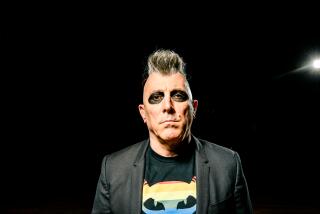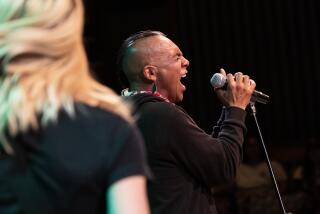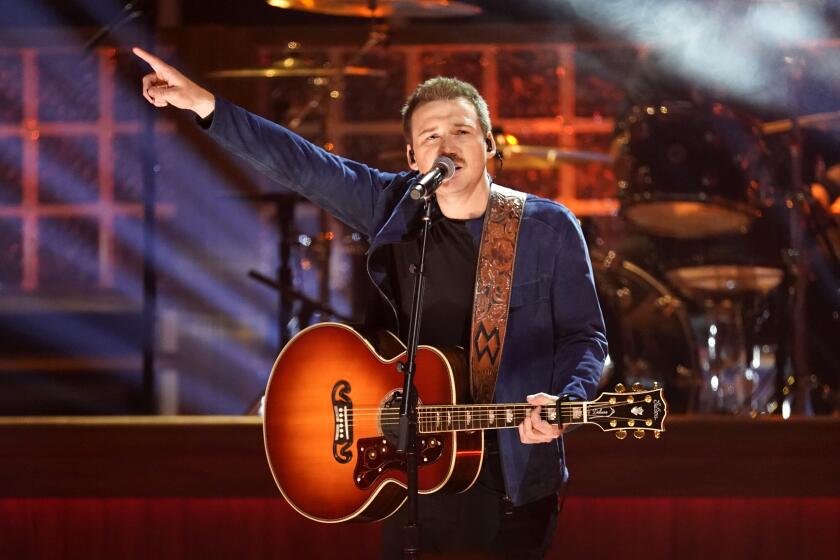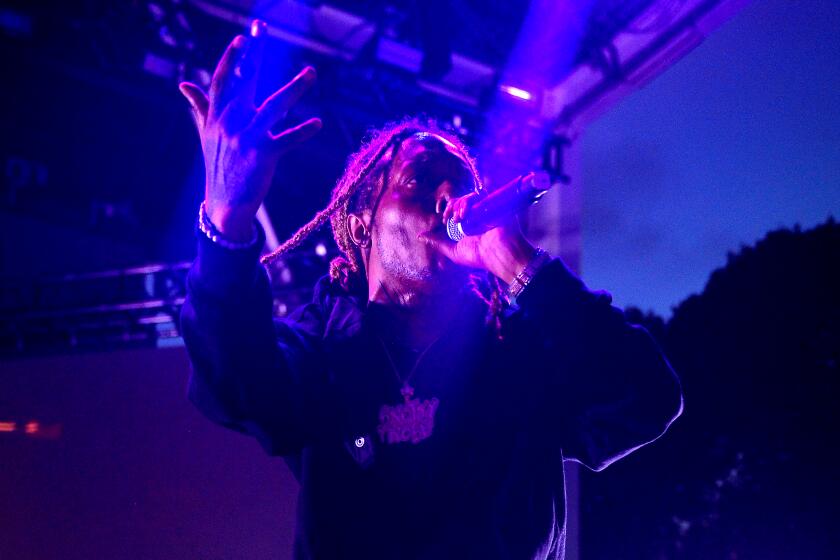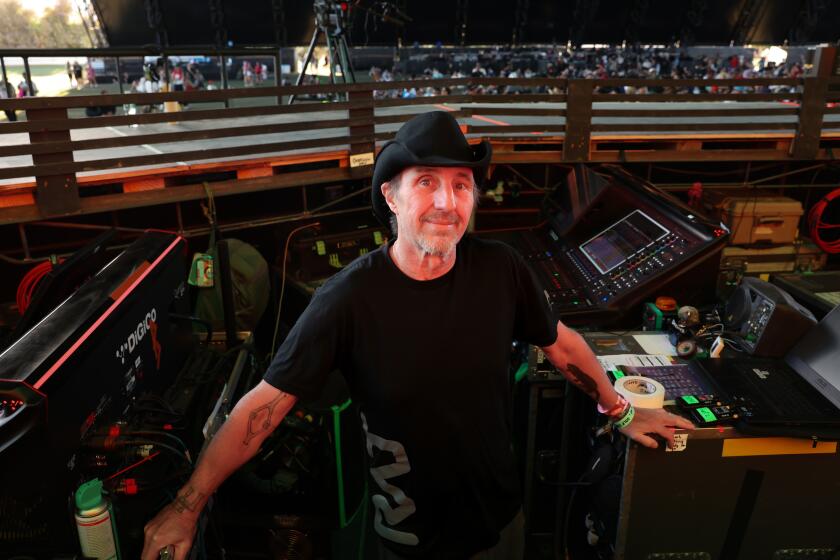California Sounds: Chuck Prophet honors Bobby Fuller; Steve Lacy goes “Dark Red”; Ty Segall sings a trippy ballad
There are a lot of men in the world, and a whole lot of them play guitar. At this point, one would think that the volume of hands fingering a finite number of frets and a mere six strings would have exhausted the supply of melodies and riffs, but somehow the songs keep coming.
That’s especially true in California. Along with almonds, weed and wine, male-varietal singer-guitarists are one of California’s most bountiful exports. That doesn’t mean they’re all experts, of course.
Below, a few recent highlights from artists who supply top shelf goods.
Chuck Prophet, “Bobby Fuller Died for Your Sins” (Yep Rock). Prophet has been jangling and strumming in and around California since the early 1980s when, as part of Green on Red, he served a pivotal role in the Los Angeles country punk scene. Now living in San Francisco, he’s been creating ever since, both in collaboration with artists including Aimee Mann, Lucinda Williams, Jonathan Richman and Alejandro Escovedo, and as a songwriter whose work has been recorded by Heart, Bruce Springsteen, Solomon Burke and many others.

His new album is a reference to the late rock ’n’ roller Fuller, whose mysterious 1966 death outside of his Hollywood apartment remains unsolved. Prophet mines Fuller’s energy in the pounding title track, which features the refrain, “I hear the record crackle/ The needle skips and jumps/ Bobby Fuller died for your sins.”
Prophet described “Bad Year for Rock and Roll,” another album highlight, in an essay for Talkhouse as “an anthem for anyone who’s ever had a bad year and battles late-night bouts of loss of faith.” He dedicates the song “In the Mausoleum (for Alan Vega)” to the late singer for New York synth band Suicide, and does so by riffing on Vega’s song “Ghost Rider.”
Steve Lacy, “Steve Lacy’s Demo” (Steve Lacy). The Compton-based writer and producer is a member of the R&B band the Internet and co-produced its Grammy-nominated album “Ego Death” when he was 16. He’s since collaborated with J. Cole, Jhené Aiko, Big Sean and others — and he’s not yet 20.
For his first solo project, Lacy (not to be confused with the late jazz saxophonist) did something unusual: He recorded the whole thing on his iPhone. Lacy played his guitar and bass, programmed the drum patterns and sang his vocals straight into the built-in microphone.
The result isn’t just a feat of technology but a warning shot. Lacy’s on to something, and he illustrates it on six tracks that he describes as “song sketches.” Each is, indeed, a kind of sketch, but there’s logic, intent and skill in every measure. If he can do it on a phone, there’s no telling what he’ll accomplish in the studio.
Ty Segall, “Ty Segall” (Drag City). The Los Angeles rock guitarist and songwriter’s muse seems to run on overdrive, as though it’s a conveyor belt rolling out riffs for his hands and fingers to configure. Sometimes the riffs end up on solo albums, where they suggest the psychedelic pop of Syd Barrett, and sometimes they end up with his sludge-rock band Fuzz, but Segall seldom wastes them.

For his self-titled new studio album, Segall hooked up with famed Chicago producer Steve Albini and kindred spirits guitarist Emmett Kelly (Cairo Gang, the Double), bassist Mikal Cronin and drummer Charles Moosheart. What came of it is a ten song rock record that draws on Segall’s strength as a catchy songwriter and riff manipulator.
“Orange Color Queen” is a lovely ballad that suggests Memphis rock band Big Star, and hits with a hint of twang. The massive “Warm Hands (Freedom Returned)” could be by a whole other band. At over 10 minutes, it runs on the kind of distorted heaviness that led Nirvana to hire Albini all those years ago.
The closing song is somehow just as epic — and it runs a mere 13 seconds. Called “Untitled,” it opens with a three clicks of the drumsticks, which are quickly followed by a hard-hitting two-chord coda. Sometimes that’s all you need.
For tips, records, snapshots and stories on Los Angeles music culture, follow Randall Roberts on Twitter and Instagram: @liledit. Email: randall.roberts@latimes.com.
More to Read
The biggest entertainment stories
Get our big stories about Hollywood, film, television, music, arts, culture and more right in your inbox as soon as they publish.
You may occasionally receive promotional content from the Los Angeles Times.

